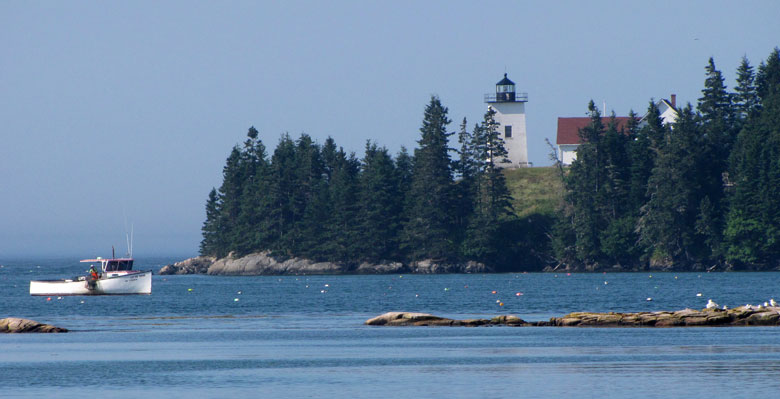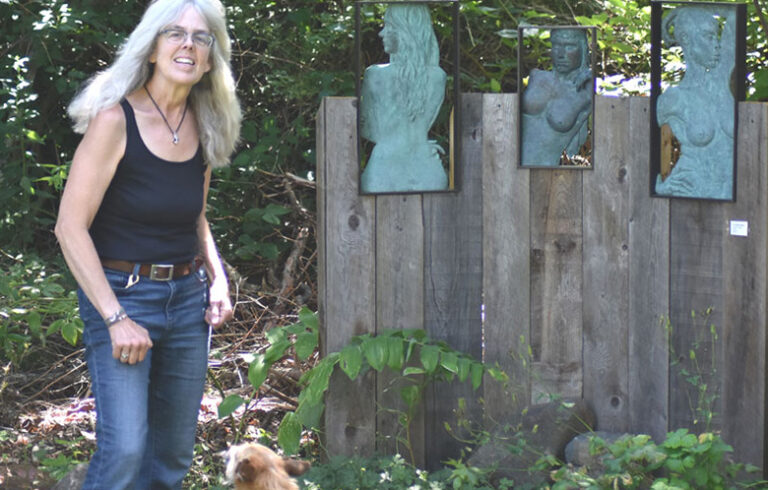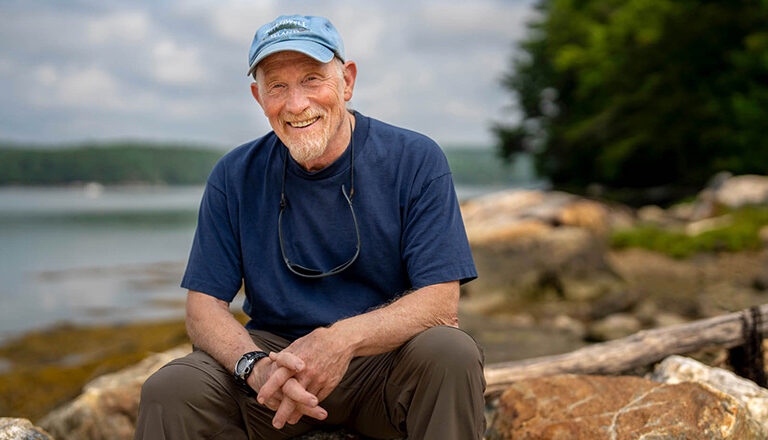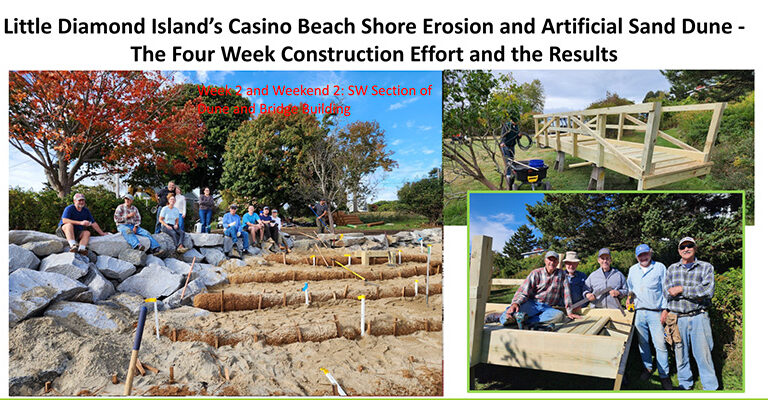Reflections is written by Island Institute Fellows, recent college grads who do community service work on Maine islands and in coastal communities through the Island Institute, publisher of The Working Waterfront.
“Island life is not for everyone” is a phrase I’ve gotten tired of hearing but a phrase I wholeheartedly agree with. Not everyone wants to live in a place with no restaurants, no street signs, and no next day delivery.
However, some people find the rhythms and trials of island life to be just right. These people make an island what it is. They make it interesting, they make do with what they have, and they make it work.
Working with island history has made the importance of people even more apparent. My fellowship brought me to Swan’s Island two years ago to work with the local historical society on a myriad of tasks. I arrived naively thinking I could live out here and work with historic documents and photographs, hiding away from people on the beaches or with a good book in my off hours.
I was entirely wrong in thinking I could embrace my inner hermit. Wherever I go, whatever I do, I encounter people, both living and dead.
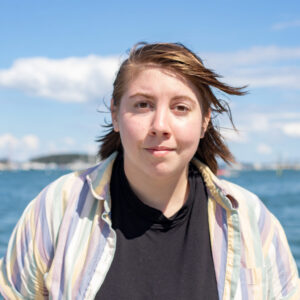
History is made and told by people. It’s happening as you read this newspaper. It seeps into the wood and stone of buildings, the landscape, the way of life. I don’t know if everything I’ve heard about Swan’s Island’s history is true, but whether fact or fiction, island games of “telephone” are a very real thing—these stories continue to be told, painting a picture of how the island came to be.
The house I live in used to be the island telephone company, the fireplace is where the switchboard was. A photo of a woman who used to work there is pinned to the inside of a wooden cabinet. She used to eavesdrop on people’s conversations, even being called out for it in one of those private calls to which she replied, “No, I’m not!”
On my way to work, I pass by Cottle’s Cove, named for the one-legged Mr. Cottle who drove his shoe repair barge from island to island in the late 1800s. Even the island has its own namesake—Col. James Swan of Fife, Scotland, the original purchaser of the island and its outer islands.
Sometimes it feels like time doesn’t exist. Or at least it doesn’t make sense, as decades and centuries blur together.
People talk about a person like they grew up with them even if that person died before they were born.
I thought for the first couple months living on the island that there was a guy named Fritz who checked the ice at the Quarry Pond each winter to make sure it was safe for the kids to skate on. I was told no one skated until Fritz gave the okay. It turns out that Fritz was born in Sweden in 1899 and was reportedly the fastest paving stone cutter at the local granite quarry.
History is made and told by people. It’s happening as you read this newspaper.
I came to Swan’s Island to work with the historical society to preserve these stories, the tales of people who made this island what it is today. I didn’t expect that the most impactful part of my fellowship would be the people living, and those people are the highlight of the last two years of my life.
People who showed up at my doorstep to invite me to a stranger’s wedding reception and let me hitch a ride on the back of their bike, answered my phone call at the ferry and now invite me to family movie nights and out on their lobster boat, pulled into my driveway to serenade me with “For She’s a Joll(e)y Good Fellow” on my birthday, let me name their kitten after a vegetable you can’t even find in Maine, and sang karaoke with me until the wee hours of the morning.
Olivia Jolley works with the Swan’s Island Historical Society organizing, digitizing, and curating its artifacts and archives. Born in North Carolina, she grew up on the coast of Southern California and moved to Maine to attend College of the Atlantic where she earned a degree in human ecology focusing on marine biology, coastal history, fishery policy, and illustration.
